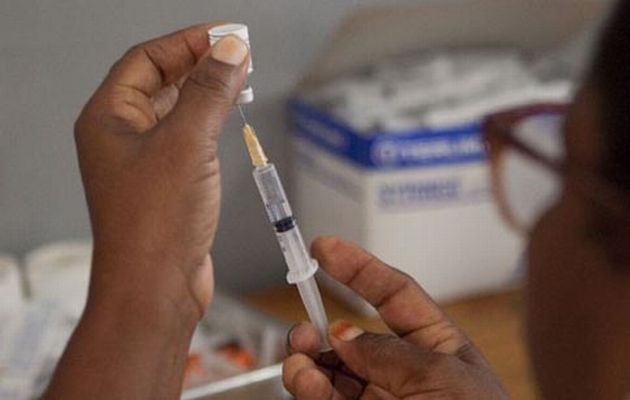A professor of Biochemical Parasitology from Ahmadu Bello University (ABU) Zaria made a breakthrough by developing new malaria vaccine to combat the incessant havoc caused by malaria.
Professor Nasiru Shua’bu while speaking to the News Agency of Nigeria (NAN) in Zaria on Tuesday claimed that his news invention is different from other vaccines in the market.
“In a simple term that a layman can understand, the content of this malaria vaccine research is difficult, but let me try if I could simplify it, it is called DNA Vaccine.
“It is a new technology for discovery and delivery of vaccine against any infectious disease that was developed in the early to mid-1990s.
“The DNA of the malaria parasite was extracted and the portion of the DNA that is tested to be a good vaccine candidate is subjected to molecular biology methods which are used to produce a lot of the DNA,” Prof. Shu’aibu said.
According to him, the amount of DNA from the malaria parasite was very minute in quantity and to expand the quantity, Polymerase Chain Reaction (PCR) was used.
“Then a method of cloning is now used to insert the DNA into a vehicle that will carry the DNA into either animal or human body,” he added.
The University Don who is currently working with the Institute of Tropical Medicine, Japan, said the result of the research on the new vaccine would soon be out for Nigerians to use.
“It is then injected into the body of the animal or human and it eventually enters the cells of the animal in the same way a virus enters and infects cells.
“The injected DNA now uses the cells in the body to produce chemicals that will prevent malaria from infecting the body,” Mr. Shu’aibu said.
He said the vaccine was different from any of the licensed vaccines like polio and other EPI vaccines.
Mr. Shu’aibu added that the approach was also different from the other malaria vaccine (RTS,S/AS01) that was likely to be licensed but the goals were the same, to control and eventually eliminate malaria.
Nigeria, with an estimated population of over 170 million, constitutes the highest malaria burden in Africa and in the world.
Mr. Shu’aibu doubted the figures from the National Malaria Control Programme (NMCP) indicating progress in containing the disease.
“I still doubt; the tools currently used to fight malaria are not sufficient to have a substantial and sustained impact that is needed to resolve the malaria crisis in Nigeria,” he said.
Mr. Shu’aibu said the need to monitor the growing resistance to anti-malarial drugs and insecticides.
He said if not checked and documented, it would jeopardize years of global public health success and investments in malaria control. (NAN)



Leave a Reply